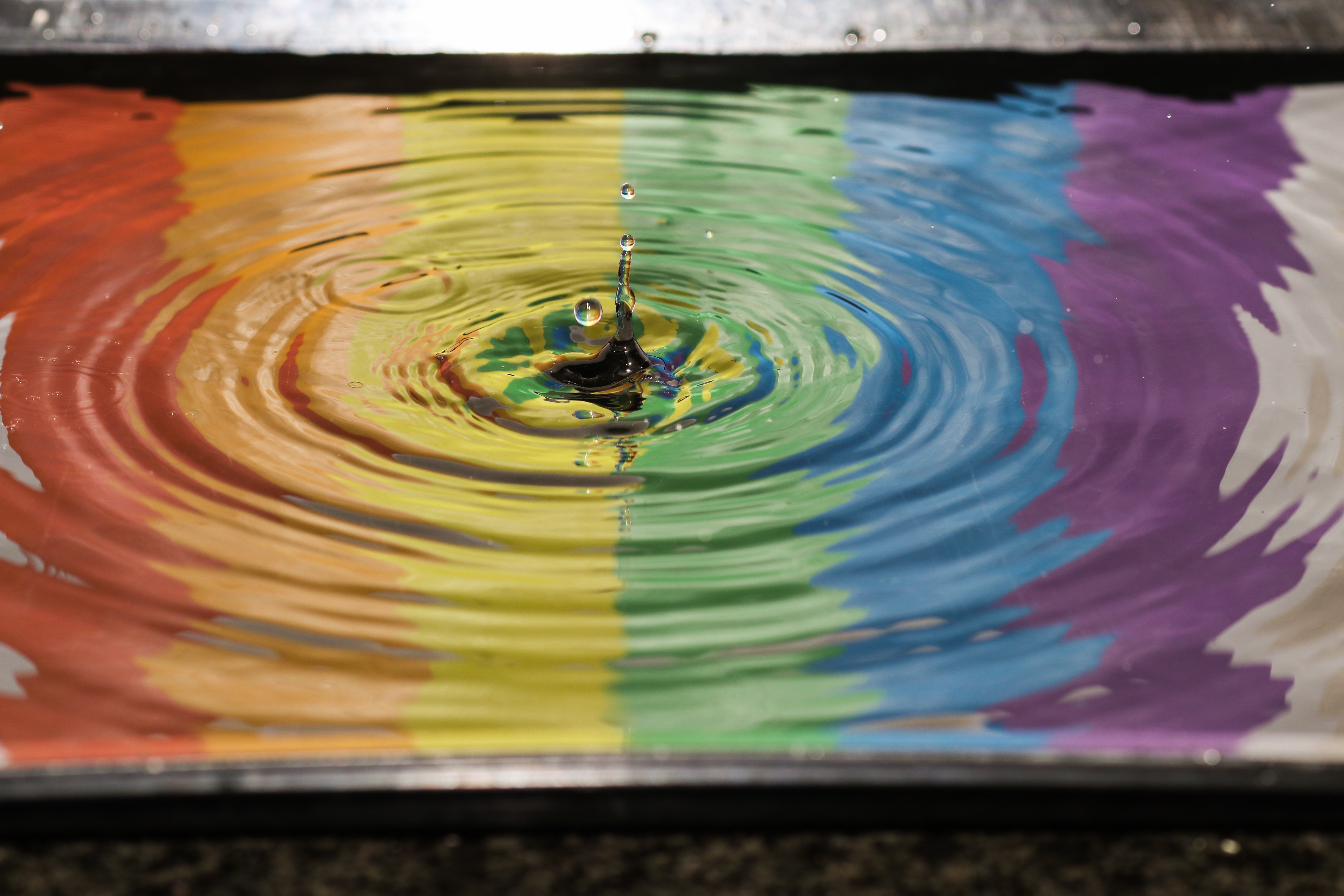The 'Millennials' (I hate the term but you know what I mean...) define inclusion in an all new way
According to research undertaken by Christie Smith PhD, Managing Principal at Deloitte University Centre for Inclusion, the ‘Millennial’ generation define inclusion differently from previous generations.
It is no longer just about ensuring equality and diversity in any given corporate environment for moral and ethical reasons, rather there is an additional focus on the benefits that cultural diversity brings to a team/company dynamic and their advantages over non-diverse environments. Furthermore, observations about these Millennials, in general, suggest that they are more focussed on purpose-driven work and experiences rather than previous generations. Diversity brings connections and collaborations that would not be possible in non-diverse environments, which greater impact commercial success.
Dr. Smith also highlights that whilst diversity and inclusion are buzzwords in Corporate America and have been for some time, real change has been very slow coming. According to Deloitte, the racial and gender makeup of the CEOs of Fortune 500 companies is 95% white, 1.8% Asian, 0.2% black, 3% other races, 4.8% women and 95.2% male. Contrast this with the actual (self-defined) racial and gender makeup of the American population which is 73.6.4% white, 12.6% black, 5.1% Asian and other races 4.7%. That clearly shows that every group is woefully underrepresented, other than white males who are grossly overrepresented.
I doubt this is much a surprise to anyone. Thankfully Millennials, and (hopefully future generations) see the drive towards inclusion by their employer and leaders is not a ‘nice-to-have’ rather it’s a ‘must-have’. Read more of Christine Smith's piece here
- Adam Tobias
adam@inventum-group.com
